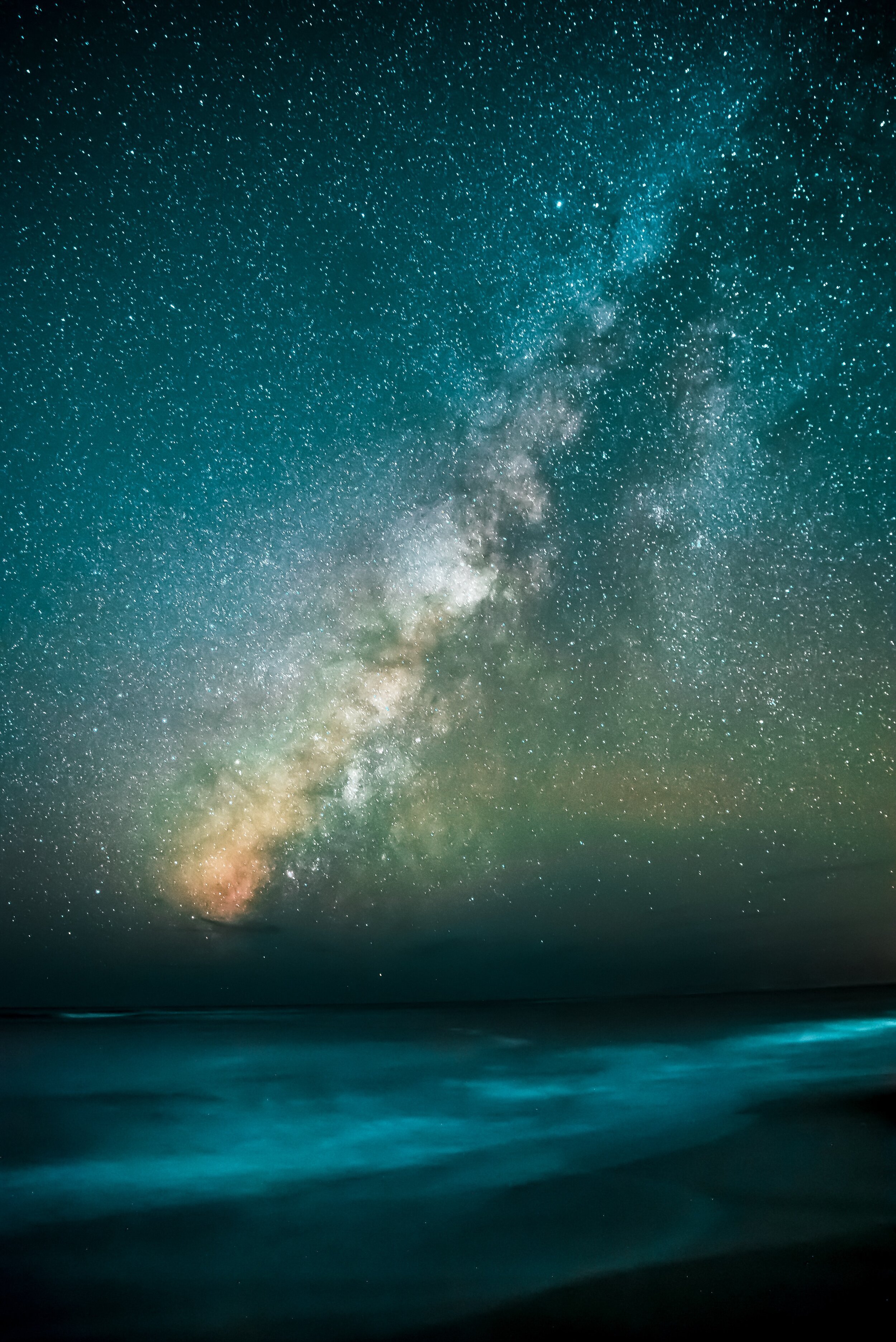REMEMBER THE SKY YOU WERE BORN UNDER
“You are someone who used to be important to me.” These were my mother’s words to me as she struggled with pneumonia in the hospital a couple of weeks ago.
Even though I knew she was sick and has dementia, the words cut deep. She was looking right at me when she said them, and I could see in that moment I was no more to her than any one of the many nurses or medical assistants that wove in and out of the room all day.
After my mother was released by the hospital back to her care home, after she once again recognized me as her daughter, I remained haunted by the phrase, “Someone who used to be important to me.”
And I also began to wonder: is the whole human race suffering from dementia?
For most of human history our relationship with the natural world was primary. The Earth viewed not as a resource, as it is today, but as a relation. We knew ourselves as part of the world around us––our lives inextricably woven into those of rivers, stars, rocks, and grasses. The bonds of our connection, strong and unbreakable.
Today we live in a time of the Great Forgetting. Like my mother, we are losing our memories, our minds, our ability to recognize what’s truly important. We forget we are earth-born, part of a greater community of life.
My mother tells me sadly that she has lost interest in most things, and as her language skills and ability to pay attention fade, so, too, her capacity to engage diminishes.
Our world gets smaller as well,, despite the illusion of adventure granted by social media and virtual reality. Increasingly dependent on our devices, we spend less time with in-person community, and far less time outdoors.
In terms of how we treat the planet, humans are often likened to adolescents, unable to control our impulses or think clearly about the future. But adolescence doesn’t begin to describe the loss and despair at the core of our forgetting we are part of nature. This is the realm of those with dementia, who in terrifying flashes realize that they are not just losing their memories, but their deepest selves.
Last week, my mother was doing better. We looked through photograph albums and she recalled names, places. She had her hair done and was delighted by her reflection in the mirror, prompting a kindling of recollection for the woman she truly is, even now. Returning to herself for an instant, she was alive, vibrant.
When we remember who we truly are, part of this living, breathing world, we, too, come home to ourselves. We remember who and what truly matters.
The title of this piece comes from the poem, “Remember” by Joy Harjo

